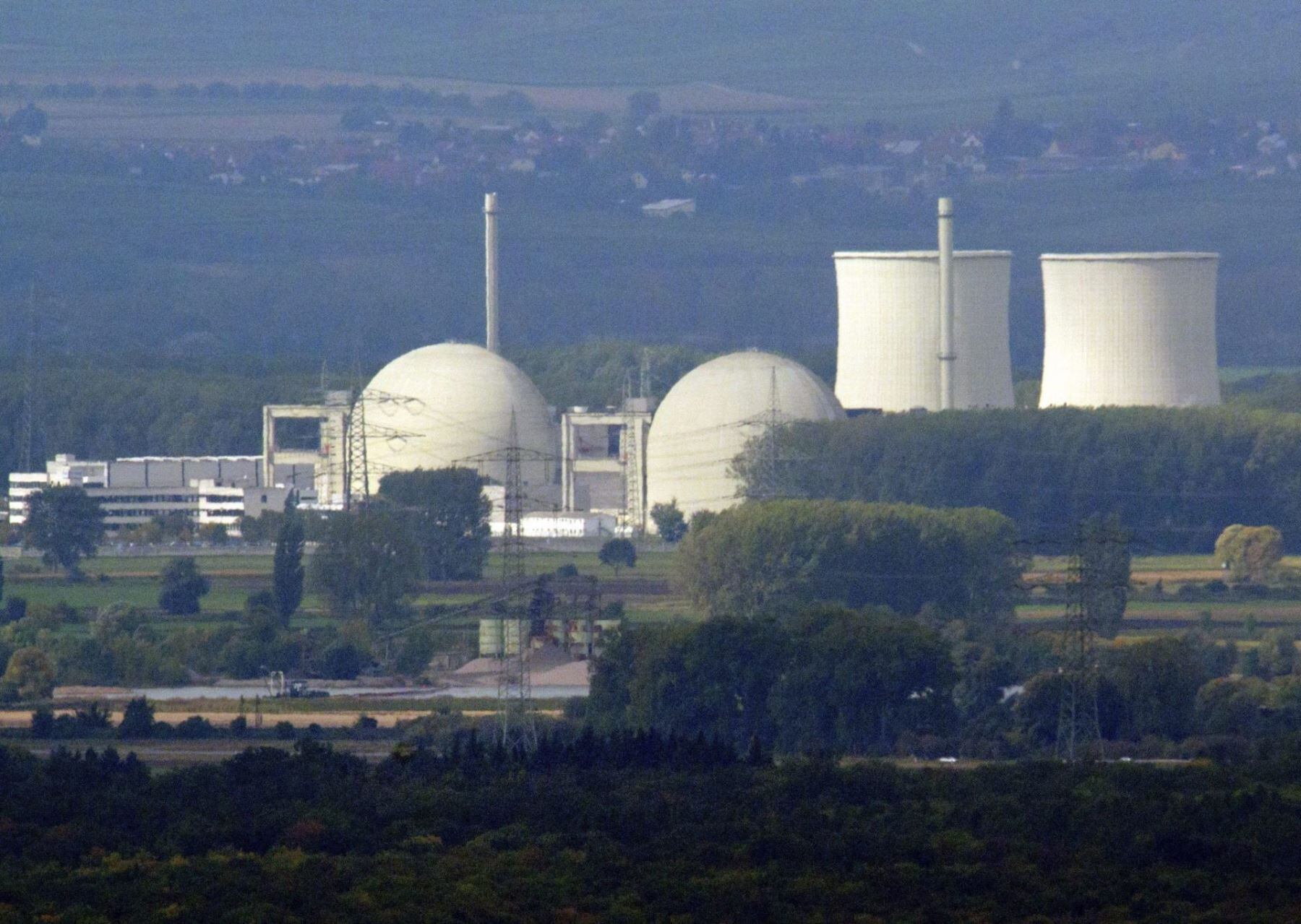
Germany closes its last three nuclear reactors this Saturday and thus culminates the abandonment of this type of energy, an old commitment sometimes misunderstood in a context of climate urgency.
The leading European economy opens a new energy chapter, faced with the challenge of dispensing with fossil fuels while managing the gas crisis triggered by the war in Ukraine.
“It will be a very moving act for colleagues to turn off the plant for the last time”says Guido Knott, president of the company PreussenElektra that operates Isar 2, a few hours after its expiration.
By midnight at the latest, the power plants Isar 2 (southeast), Neckarswestheim (southwest) and Emsland (northwest) will be disconnected from the electricity grid.
He German government agreed to a postponement of several weeks with respect to the originally scheduled date of December 31but without questioning the decision to turn the page on this type of energy.
“The risks linked to nuclear power are definitely not manageable”Environment Minister Steffi Lemke said this week. In fact, they worry large sectors of the population and cemented the environmental movement.
greenpeace organized on Saturday at the foot of the Brandenburg Gate in Berlin a farewell to the atom, symbolized by the remains of a dinosaur defeated by the anti-nuclear movement.
“Nuclear power belongs to history”proclaimed the NGO.
In Munich, a “party for the exit from nuclear energy” brought together a few hundred people, AFPTV found.
“Nuclear Power, Thank You”instead writes the conservative daily FAZ on Saturday, underlining the benefits that, according to him, it brought to Germany.
– Long process –
Following a first decision by Berlin in the early 2000s of phase out atomic power, former Chancellor Angela Merkel sped up the process after the Fukushima catastrophe in 2011, a spectacular political turnaround. Since 2003, Germany has already closed 16 reactors.
The invasion of Ukraine on February 24, 2022 could have put everything into question because Germanydeprived of Russian gas, feared the worst possible scenarios, from the risk of closing its factories to running out of heat.
In the end, the winter passed without shortages and Russian gas was replaced by other suppliers, but the consensus around the abandonment of nuclear power has crumbled.
According to a recent poll for the public channel ARD, 59% of respondents think that abandoning nuclear energy in this context is not a good idea.
– “Strategic mistake” –
Germany should “expand power supply, not further restrict it” at the risk of shortages and high prices, lamented the president of the German chambers of commerce, Peter Adrian, in the Rheinische Post newspaper.
“It’s a strategic mistake in a geopolitical environment that remains tense”said Bijan Djir-Sarai, secretary general of the liberal FDP party, a partner in the coalition government of Olaf Scholz and environmentalists.
The last three plants only provided 6% of the power produced in the country last year, while nuclear power accounted for 30.8% in 1997.
In parallel, the percentage of renewable energy in total production has increased to 46% in 2022, compared to less than 25% a decade earlier.
“After 20 years of energy transition, renewables now produce about one and a half times more electricity than nuclear power at its peak in Germany”told AFP Simon Müller, director of the Agora Energiewende research center, which specializes in energy transition.
But in Germany, the first CO2 emitter in the European Union, coal still represents a third of electricity production, with an increase of 8% last year to compensate for the absence of Russian gas.
Even Swedish activist Greta Thunberg lashed out at Berlin, saying it would be better to keep using power plants to reduce coal use.
Germany prefers to focus on its goal of covering 80% of its electricity needs with renewable energy by 2030 and shutting down its coal plants no later than 2038.
The country has to “step on the accelerator” in terms of onshore wind energy, warns Müller.
According to Olaf Scholz, four to five wind turbines per day will have to be installed in the coming years to meet the needs.
(With information from AFP)
Source: Gestion
Ricardo is a renowned author and journalist, known for his exceptional writing on top-news stories. He currently works as a writer at the 247 News Agency, where he is known for his ability to deliver breaking news and insightful analysis on the most pressing issues of the day.












